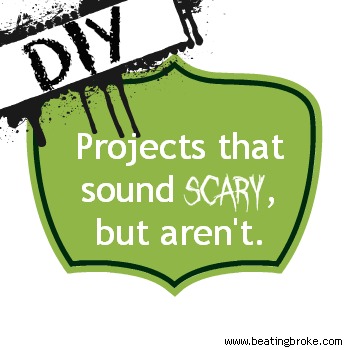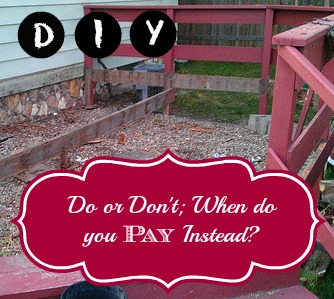We’re deep into the hot summer months. Air conditioners across the country are doing overtime keeping our homes and businesses cool and comfortable and keeping the heat outside. Unfortunately, it won’t be that much longer before we’re turning on the heat and repelling the cold of winter. All of that comfortable air, hot or cold, comes with a cost. Sometimes you’ve got to do what you can to find whatever energy savings you can.
Here in the northlands of North Dakota, we’ve got plenty of options for powering our air conditioners and furnaces. Predominately, we use natural gas for heat and electricity for the air conditioning, but also have options for dual gas/electricity appliances. Our house uses electricity for AC and gas for the furnace.

Adjust the temperature
Adjusting the temperature on the thermostat a few degrees can reduce the amount of time that the air conditioner runs in the summer or the furnace runs in the winter. Turn the thermostat up a few degrees in the summer and use some small fans to help move the air around to adjust the comfort level. Do the opposite in the winter. Turn the thermostat down a few degrees and use blankets and heavier clothing to help adjust your comfort level.
Invest in thermal shades
Even if you have a really efficient home, you’ll still lose thermal mass. And the biggest culprit for that is your windows. Investing in thermal shades and blinds can help keep the heat out in the summer and the cold out in the winter. They’re more expensive, but unless you’re redecorating your house every year, they’ll last years and make up for the added cost in energy savings.
Program your energy savings
Does it matter to you if your house stays nice and cool during the summer while your at work? Or nice and warm in the winter? If we’re honest, we really only want our house warm or cold when we’re there. If the house is empty for 8 hours or more a day, there’s really no reason to waste all that energy while we’re gone. Buying and installing a programmable thermostat is the best way to be able to adjust the temperature while your away and still assure that your house is comfortable when you return for the day. Set a schedule to adjust the temperature up or down by 5-10 degrees while your out of the house (or sleeping) and to return to your “comfortable” temperature just before you return home.
Spread the cost out
Once you’ve maximized the full energy savings potential, you still won’t be left without any energy costs. There’s still going to be a bill showing up each month that will need paying. If you’ve got one energy supply feeding your air conditioner in the summer and another feeding your furnace in the winter, like I do, chances are your bills will spike during the hottest and coldest months of the year. Most utilities will have some sort of payment system that will allow for you to pay an even amount each month. We’ve got both our electricity and gas accounts on such a program. We pay a relatively flat rate each month to each utility, and avoid paying large bills during the extremes of the seasons.
What other ways do you employ to create energy savings for your household or business?

I started this blog to share what I know and what I was learning about personal finance. Along the way I’ve met and found many blogging friends. Please feel free to connect with me on the Beating Broke accounts: Twitter and Facebook.
You can also connect with me personally at Novelnaut, Thatedeguy, Shane Ede, and my personal Twitter.


